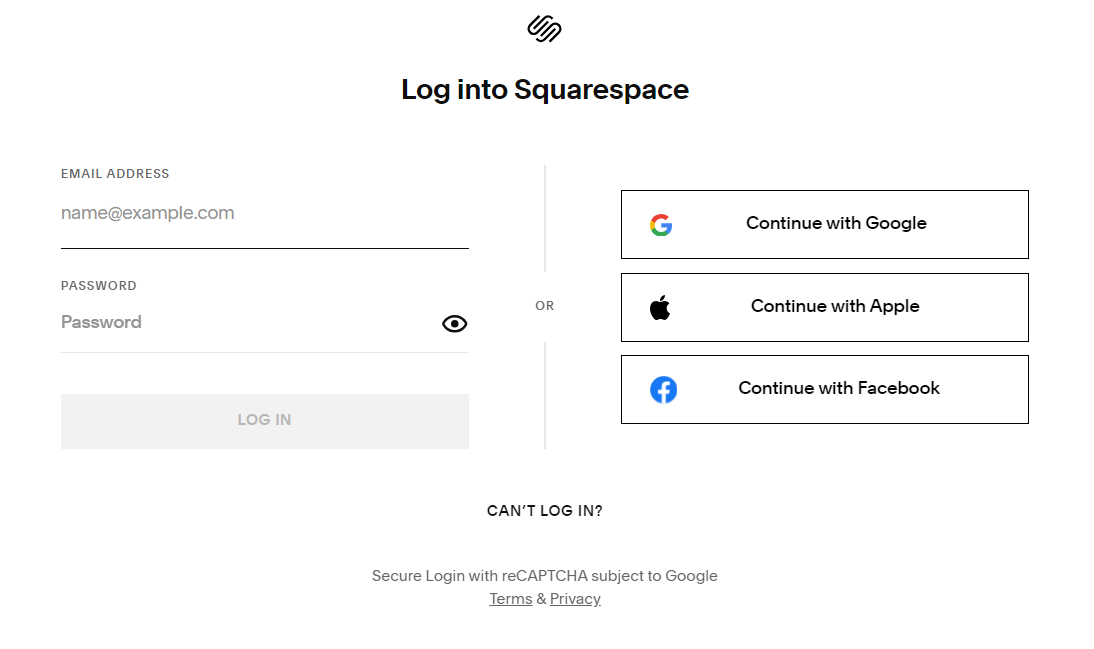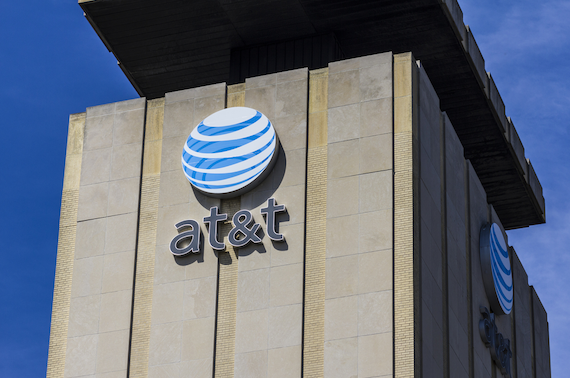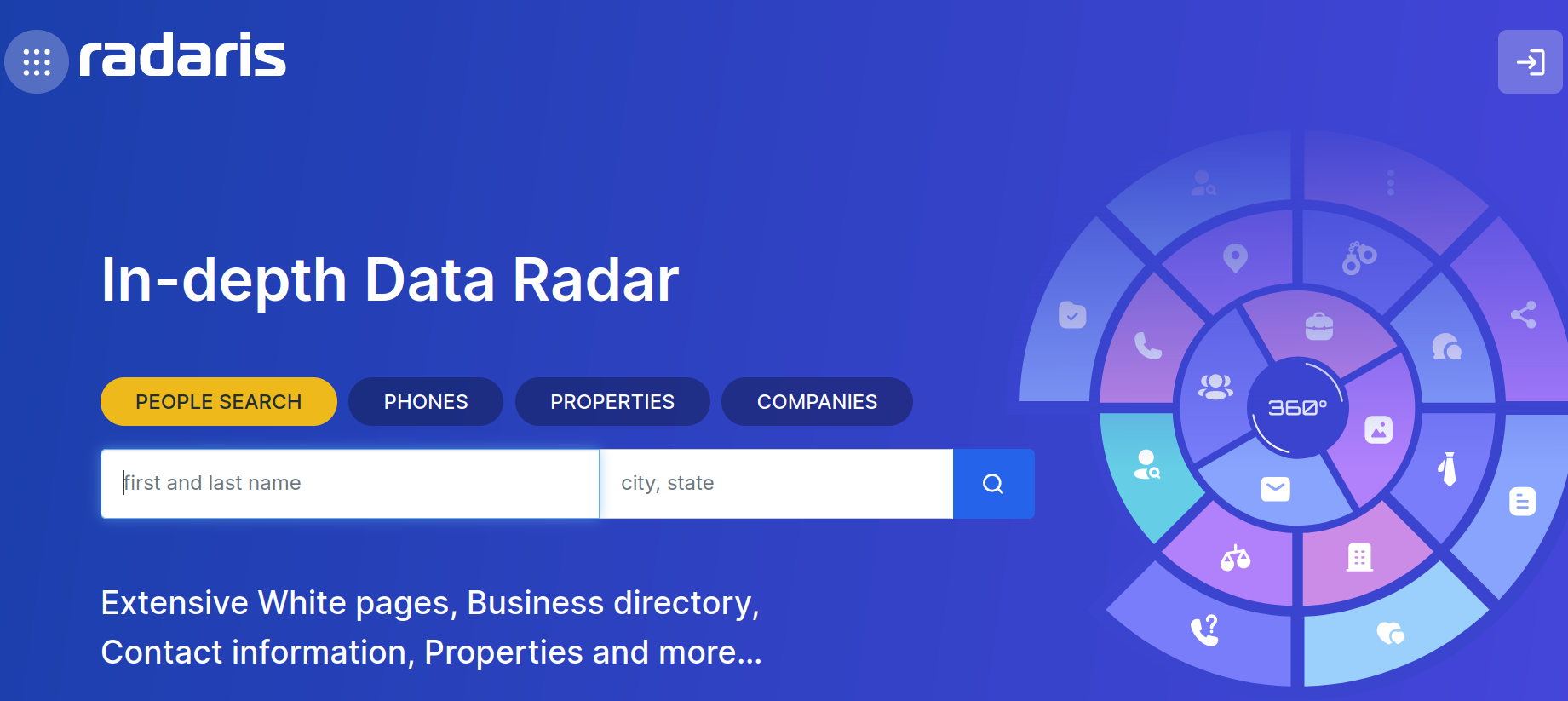Crooks Bypassed Google’s Email Verification to Create Workspace Accounts, Access 3rd-Party Services

Credit to Author: BrianKrebs| Date: Fri, 26 Jul 2024 21:31:54 +0000
Google says it recently fixed an authentication weakness that allowed crooks to circumvent email verification needed to create a Google Workspace account, and leverage that to impersonate a domain holder to third-party services that allow logins through Google’s “Sign in with Google” feature.
Read more







